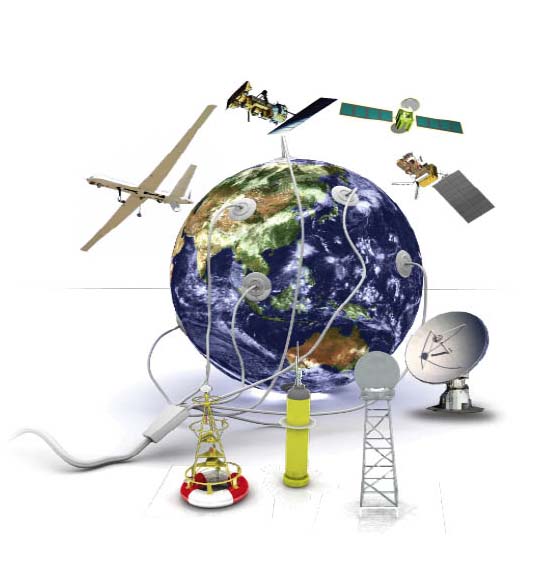Objectives
The Earth is a highly complex system, formed by a large variety of interacting sub-systems, such as the biosphere, atmosphere, hydrosphere, and lithosphere. Our capacity to understand the Earth system is predicted by our capability to observe, analyze and model the Earth’s subsystems and their interactions. Understanding our environment is, therefore, possible only by using a system approach.
By carefully exploring and studying the basic environmental processes in the relevant time and spatial scales and synthesizing our observations into an overall understanding, new scientific breakthroughs can be achieved and environmental challenges can be tackled. However, acquiring such information requires long-term, well-documented and trustworthy observations of the Earth system.
The role of Environmental Research Infrastructures
Environmental Research Infrastructures, with their service provision, especially on the delivery of observational data, play an irreplaceable role in improving our understanding of the system.
They have a significant global role as knowledge providers, bringing together a wide variety of stakeholders to search for solutions to their own specific scientific problems. Indeed, most of the current environmental infrastructures were initially established separately from each other to serve a specific science community and therefore did mainly focus on limited aspects or phenomena of the Earth System. The interlinked nature of the Earth System, however, requires better organization of the Research Infrastructure landscape and scientific communities to transcend the well-established and familiar boundaries of disciplines and domains and work towards a common holistic understanding of the environment as one system. Significant efforts towards the interoperability and harmonization of Research Infrastructures’ operations must be taken to address today’s environmental challenges.
Most of the pan-European environmental Research Infrastructures are currently being built and some are more mature than others. In this context, the ENVRI community is a collaborative platform where the research infrastructures can work together, to share the knowledge and to develop common solutions at all stages of their development – in their planning, design, construction as well as operation to ensure their interoperability as well as to avoid unnecessary costs and duplication of efforts.



